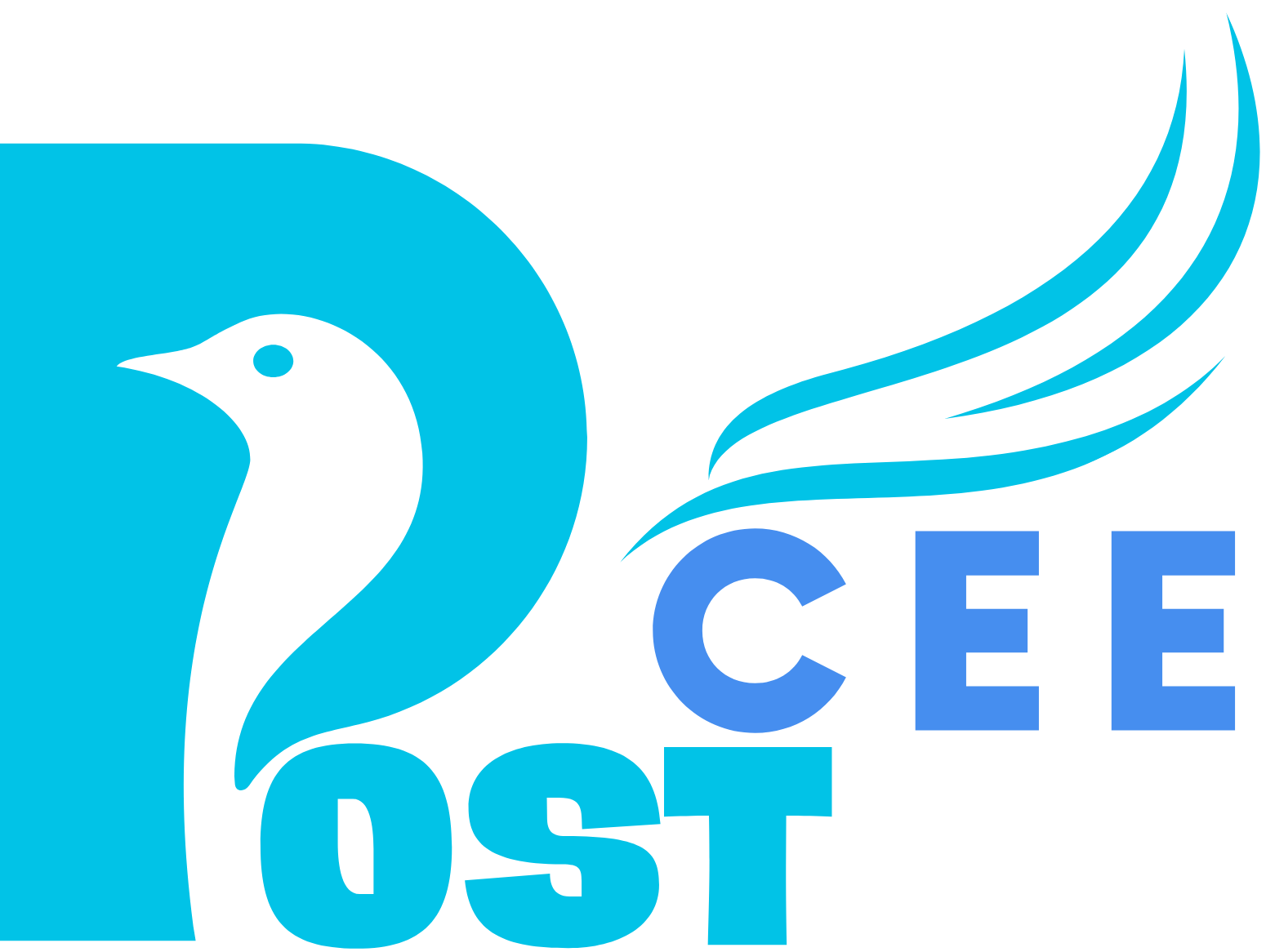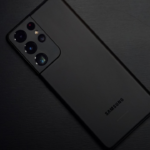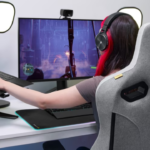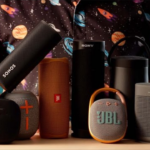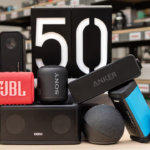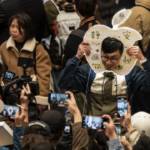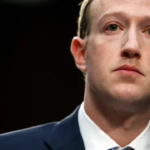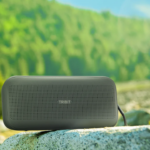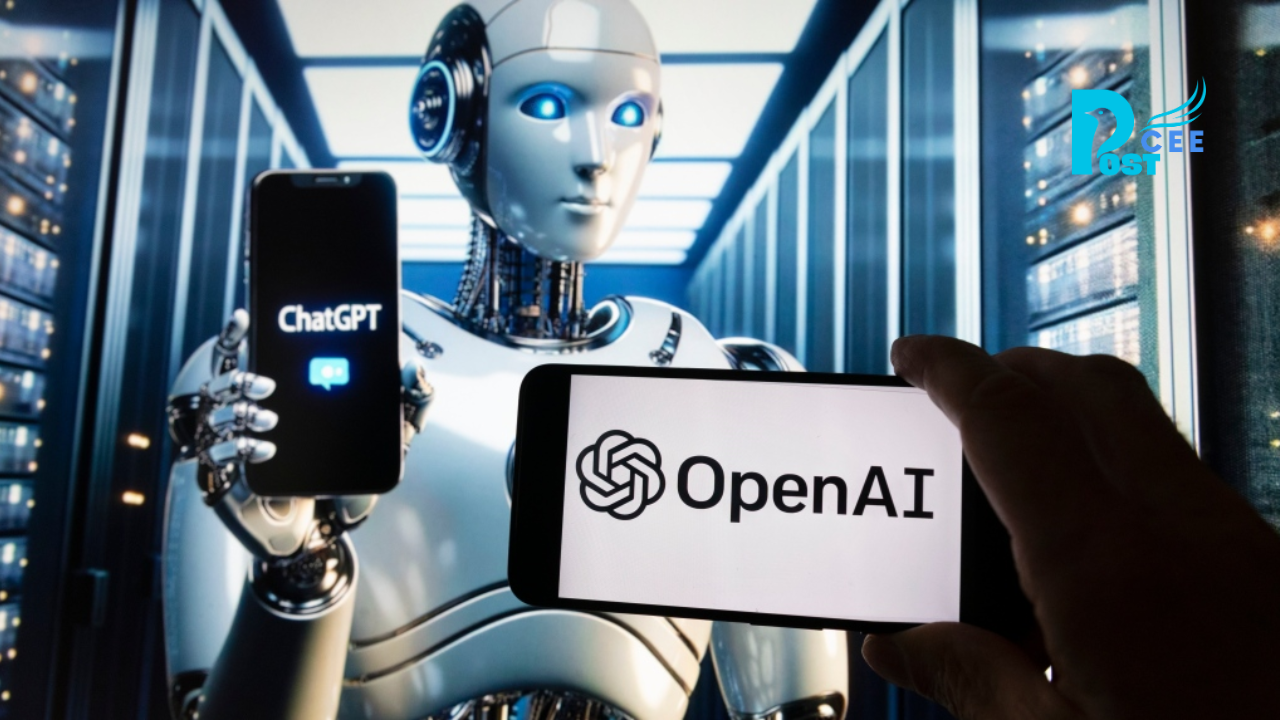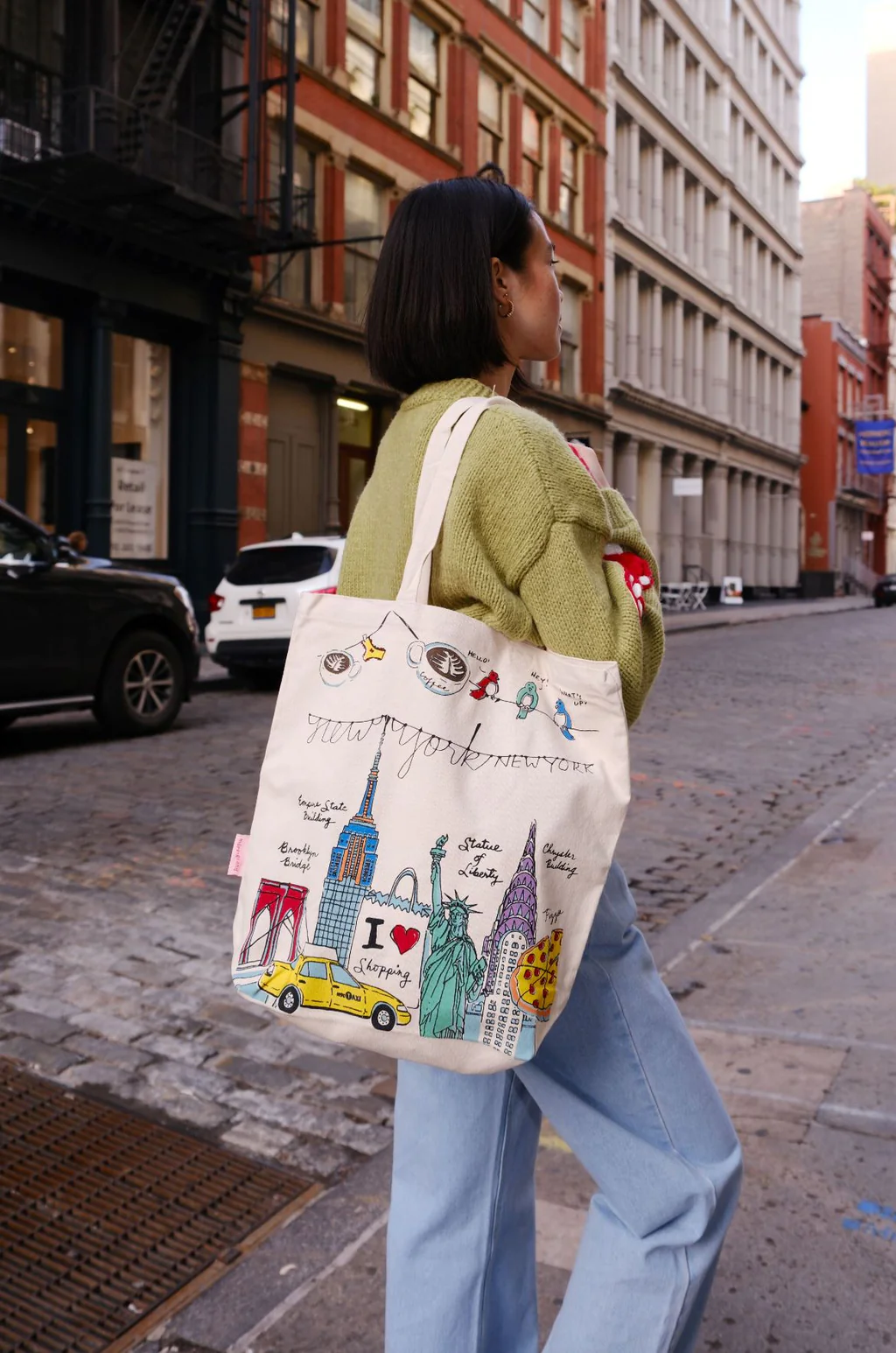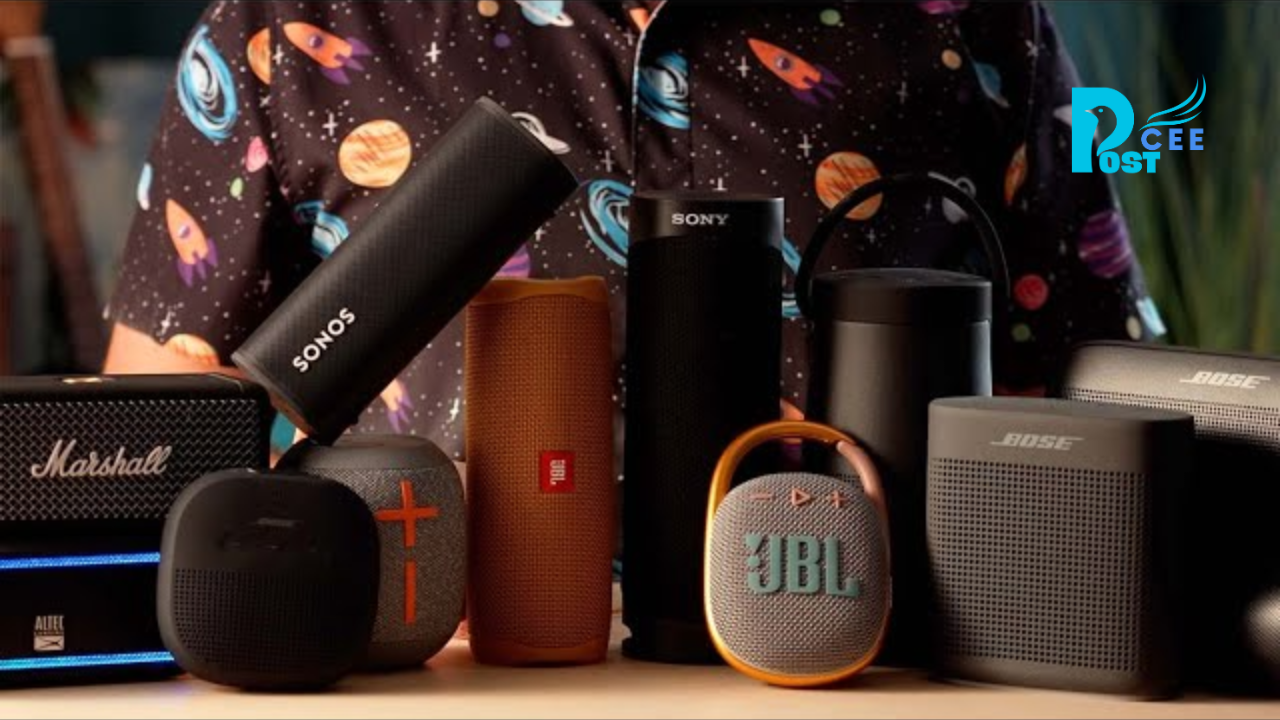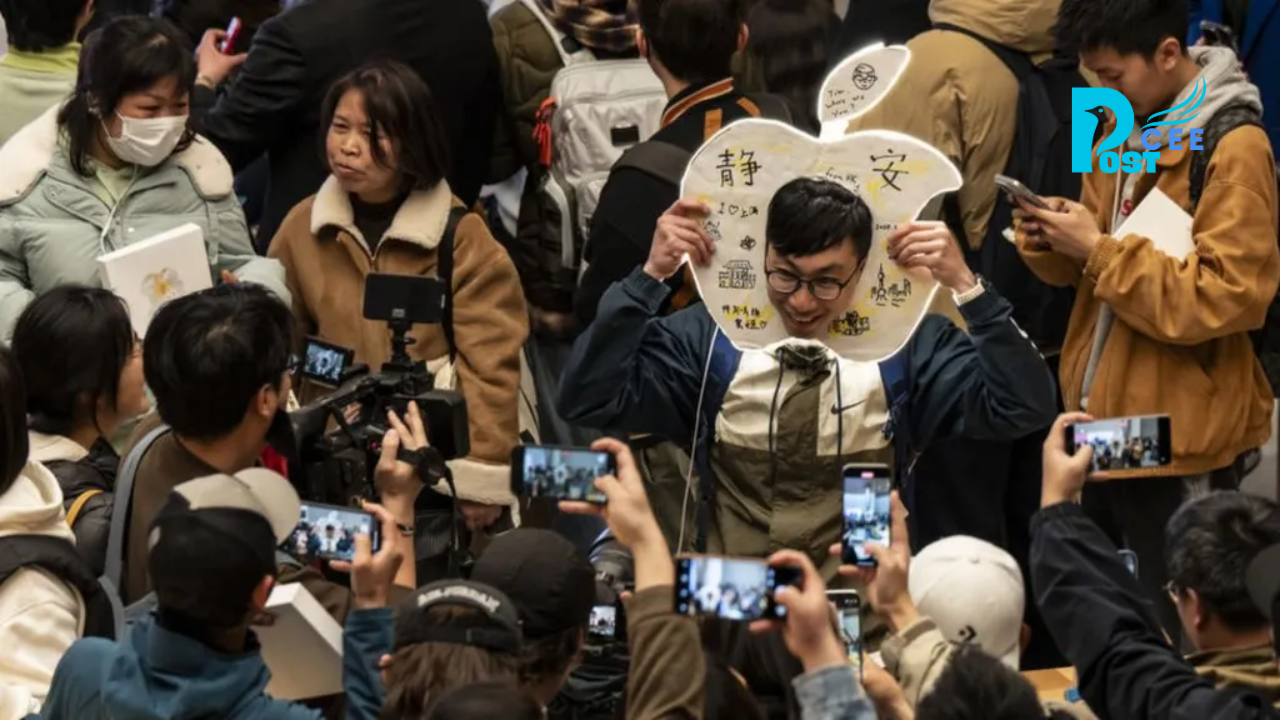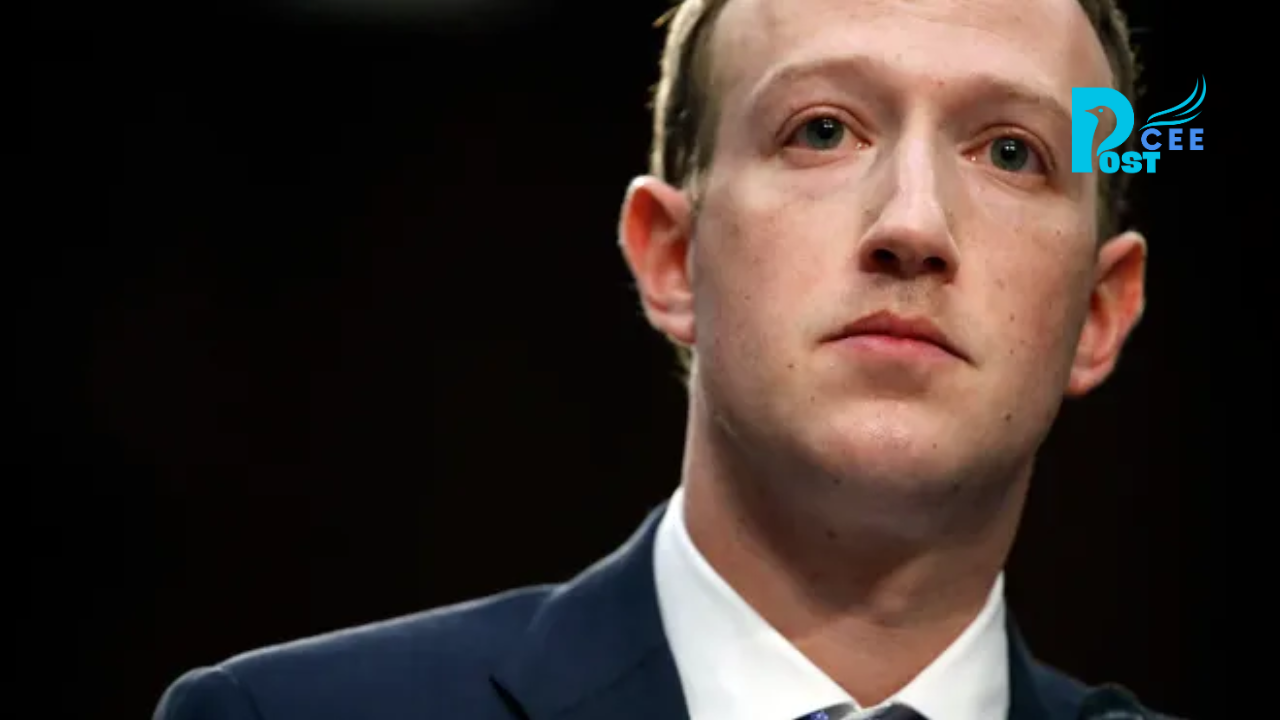In a surprising turn of events, several digital media outlets have filed a lawsuit against OpenAI, accusing the artificial intelligence research organization of copyright infringement. The lawsuit alleges that OpenAI language model, GPT-3, has been used to create content that closely resembles articles published by the plaintiffs, violating their intellectual property rights.
The Claims
The media outlets claim that OpenAI’s GPT-3 is capable of generating text that mimics the style and structure of their copyrighted articles. They argue that this constitutes a violation of their exclusive rights to reproduce and distribute their content. The lawsuit argues that OpenAI’s technology enables the creation of derivative works without proper authorization or compensation.
The Role of OpenAI
OpenAI has garnered significant attention for its cutting-edge language models, which use deep learning to generate human-like text. GPT-3, OpenAI’s most advanced iteration, has been hailed for its ability to generate coherent and contextually appropriate content in various domains. However, critics argue that the model’s capability to replicate copyrighted material raises ethical and legal concerns.
Diverse Perspectives
The lawsuit against OpenAI has sparked a range of perspectives on the topic. Some argue that OpenAI should be held accountable for the potential misuse of its technology and the infringement of intellectual property rights. They stress the importance of protecting the creative work of journalists and media outlets. Others, however, view the lawsuit as an overreach, emphasizing the transformative nature of OpenAI’s AI technology and its potential to enhance content creation rather than replace it.
Potential Implications
The outcome of this lawsuit could have far-reaching implications for the future of AI-generated content. If the courts rule in favor of the media outlets, it may set a precedent for stricter regulation and control over AI-generated text. This could impact the development and deployment of language models by organizations like OpenAI.
On the other hand, a ruling in favor of OpenAI may solidify the argument that AI-generated content is an original creation, distinct from copyrighted material. This could potentially empower AI developers to continue pushing the boundaries of natural language generation while avoiding legal disputes.
The lawsuit against OpenAI highlights the complex intersection of AI technology and copyright law. As AI models become more advanced, questions surrounding the ownership and originality of AI-generated content will continue to arise. The outcome of this legal battle will shape the future of AI development and the rights of content creators. It remains to be seen how the courts will navigate this emerging terrain and strike a balance between intellectual property protection and technological innovation.
